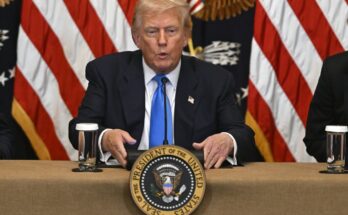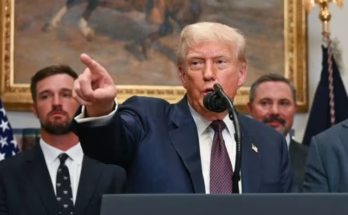Remember when Donald Trump and Elon Musk were practically inseparable? It was quite the spectacle — a meeting of money, power, and towering egos that captivated the world.
For a time, the duo seemed unstoppable. Elon Musk, the tech billionaire and Tesla CEO, was a major financial backer of Trump’s election campaign, contributing over $250 million. In return, Trump lavished VIP access upon Musk, even going so far as to create a new government department just for him — the Department of Government Efficiency, affectionately dubbed “Doge.”
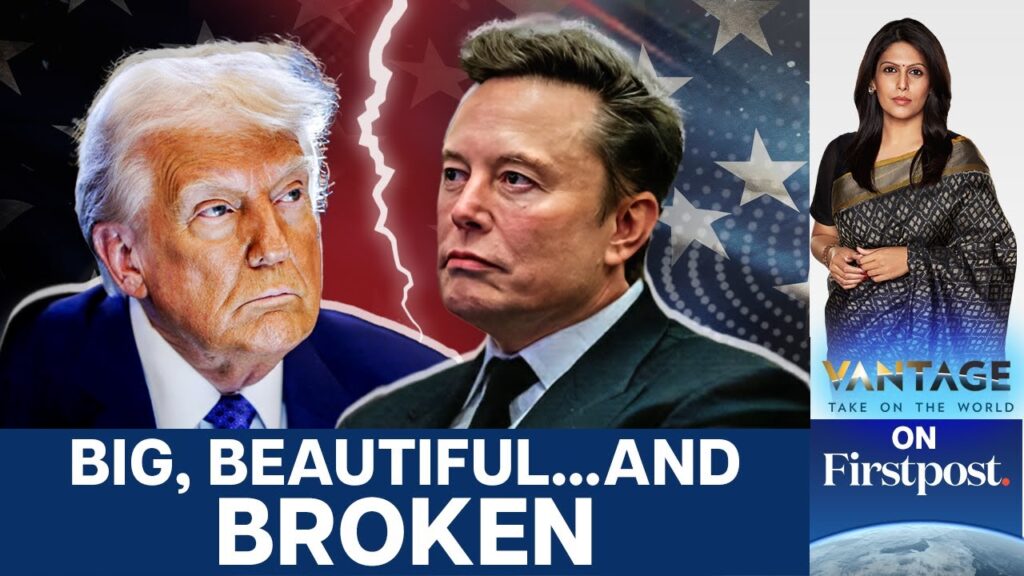
The admiration was mutual. Trump hailed Musk as a visionary, while Musk called Trump a friend. It was the ultimate bromance for the ages. But, as with many great love stories, this alliance was not built to last.
Fast forward to today, and the warmth has all but vanished. Elon Musk is now publicly criticizing Donald Trump’s politics, particularly his latest tax bill, which Musk claims undermines the very agenda they once championed together.
Last week, the U.S. Congress passed Trump’s new tax bill, which Trump himself described as “big and beautiful.” The bill includes hefty million-dollar tax breaks, increased defense spending, and funding for a border wall. It now heads to the Senate, where its passage would massively increase the federal deficit.
To clarify, the federal deficit is the gap between what the government earns and what it spends. America’s deficit already stands at a staggering $1.83 trillion, and this bill could add another $600 billion to that total.
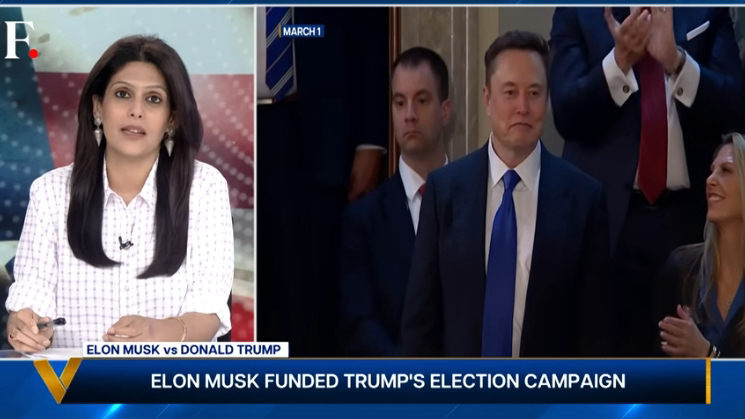
Musk’s reaction was blunt and clear. In a recent interview, he stated, “I’m disappointed to see the massive spending bill which increases the budget deficit and undermines the work that the Doge team is doing.” This was a clear call-out of Trump’s policy, which Musk argues contradicts the mission of the Department of Government Efficiency — a mission that, despite the fanfare, had little success in curbing federal spending and instead managed to ruffle feathers.
Musk didn’t stop there. He also took a jab at Trump’s wording of the bill, quipping, “I think a bill can be big or it can be beautiful, but I don’t know if it can be both. My personal opinion.” While Trump touted the bill as “big and beautiful,” Musk expressed skepticism over that claim.
The cracks in their relationship were not sudden. Rumblings began early in Trump’s presidency, when members of the Trump cabinet expressed discomfort with Musk’s growing influence. Musk’s “Doge” initiative was underwhelming in its effectiveness and controversial enough to upset many.
Adding fuel to the fire, Musk’s attempt to influence the Wisconsin Supreme Court race backfired, resulting in a Democratic victory and turning Musk into a political pariah. Around the same time, Tesla’s sales were plummeting, investors were panicking, and Musk seemed to refocus on his core business rather than political ambitions.
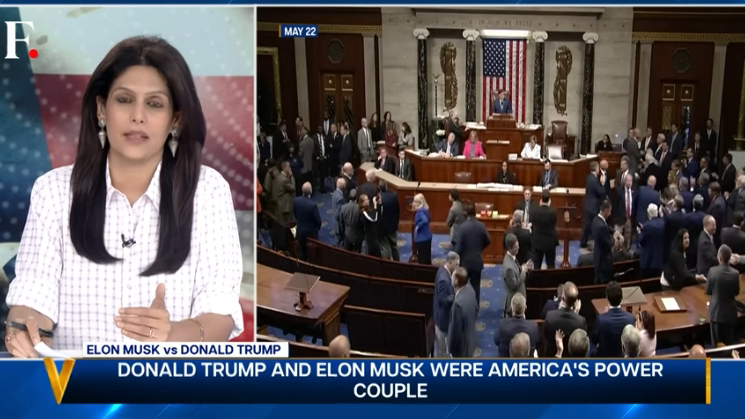
Ultimately, Musk left the White House — officially not a breakup, both insist — but the signs tell a different story. In recent interviews, Musk has said he will turn his attention back to Tesla, putting “no more political distractions” and “no more mega donations” ahead.
What caused the fallout? Was it a sudden change of heart, or did Trump’s administration simply give Musk the cold shoulder? It’s hard to say for certain. One thing is clear: two alpha personalities rarely share the spotlight without friction.
Elon Musk is famously a control freak in a room full of yes-men. Donald Trump, on the other hand, has been known to surround himself with mirrors — reinforcing his own ego. With both men believing they are the main character, only one could dominate.
Consider Trump’s track record during his first term: firing four national security advisers, three chiefs of staff, and two press secretaries in just two years. His tolerance for dissent or competition is notoriously short-lived.
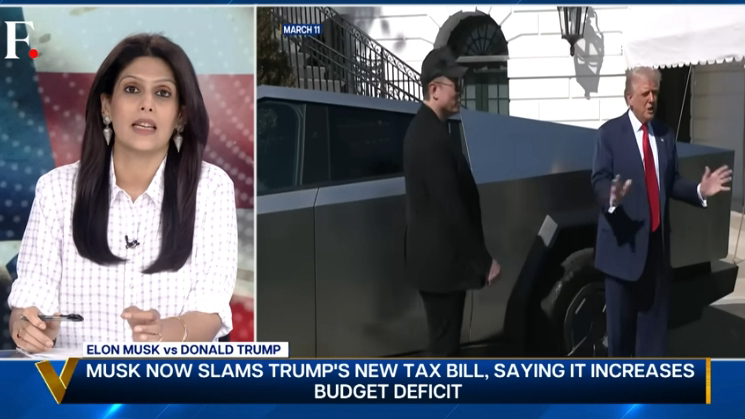
The Musk episode is just the latest lesson for anyone who thinks power and influence guarantee security. Whether you’re a mega donor, a tech mogul, or an American ally, Donald Trump’s world runs on one rule: loyalty is a one-way street. You’re useful only until you’re not.
One moment, you’re flying to state dinners and rubbing elbows with the powerful; the next, you’re out in the cold.
This dramatic unraveling of the Trump-Musk alliance is a powerful reminder of the volatile nature of politics, ego, and influence in the highest corridors of power.
